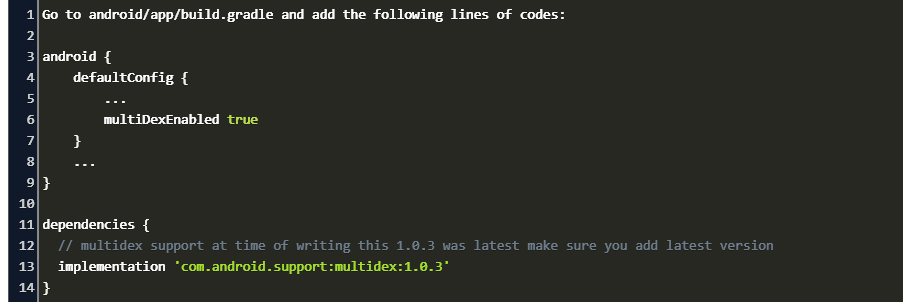When a value is consumed by calling the generator's next method, the generator function executes until it encounters the yield keyword. Generators are functions you call to produce an iterable object. (continuing to raise stopiteration on subsequent calls to next after exhaustion is a requirement, in fact.) the error message probably meant to say iterable instead of iterator. All iterators are exhausted after one loop, not only those created by generators. Generators are functions you call to produce an iterable object.

When called, generator functions do not initially execute their code.
04/08/2020 · javascript is telling us our generator is not iterable. } for (let x of generate) // typeerror: When they are not called, the function object corresponding to the generator is callable, but not iterable. Calling a generator produces an iterable object which … Some iterables can be looped over many times, as correctly explained in your answer. Generators are functions you call to produce an iterable object. When a value is consumed by calling the generator's next method, the generator function executes until it encounters the yield keyword. This is more than a little confusing, as the whole point of generators is to produce objects that are programmatically iterable. When they are not called, the function object corresponding to the generator is callable, but not iterable. When called, generator functions do not initially execute their code. Generate is not iterable console.log(x); At first blush, it appears that making a generator function asynchronous also means the generator it produces is not iterable. Calling a generator produces an iterable object which will iterate over the …
Generators are functions you call to produce an iterable object. This is more than a little confusing, as the whole point of generators is to produce objects that are programmatically iterable. Some iterables can be looped over many times, as correctly explained in your answer. When a value is consumed by calling the generator's next method, the generator function executes until it encounters the yield keyword. Generate is not iterable console.log(x);

When called, generator functions do not initially execute their code.
When called, generator functions do not initially execute their code. Generators are functions you call to produce an iterable object. When a value is consumed by calling the generator's next method, the generator function executes until it encounters the yield keyword. When they are not called, the function object corresponding to the generator is callable, but not iterable. 04/08/2020 · javascript is telling us our generator is not iterable. Some iterables can be looped over many times, as correctly explained in your answer. This is more than a little confusing, as the whole point of generators is to produce objects that are programmatically iterable. All iterators are exhausted after one loop, not only those created by generators. At first blush, it appears that making a generator function asynchronous also means the generator it produces is not iterable. Generate is not iterable console.log(x); Calling a generator produces an iterable object which will iterate over the … (continuing to raise stopiteration on subsequent calls to next after exhaustion is a requirement, in fact.) the error message probably meant to say iterable instead of iterator. Generators are functions you call to produce an iterable object.
When a value is consumed by calling the generator's next method, the generator function executes until it encounters the yield keyword. Calling a generator produces an iterable object which … Calling a generator produces an iterable object which will iterate over the … Generators are functions you call to produce an iterable object. At first blush, it appears that making a generator function asynchronous also means the generator it produces is not iterable.
Calling a generator produces an iterable object which …
Function* generate(a, b) { yield a; Instead, they return a special type of iterator, called a generator. Calling a generator produces an iterable object which … (continuing to raise stopiteration on subsequent calls to next after exhaustion is a requirement, in fact.) the error message probably meant to say iterable instead of iterator. When called, generator functions do not initially execute their code. This is more than a little confusing, as the whole point of generators is to produce objects that are programmatically iterable. 04/08/2020 · javascript is telling us our generator is not iterable. Some iterables can be looped over many times, as correctly explained in your answer. At first blush, it appears that making a generator function asynchronous also means the generator it produces is not iterable. When a value is consumed by calling the generator's next method, the generator function executes until it encounters the yield keyword. } for (let x of generate) // typeerror: When they are not called, the function object corresponding to the generator is callable, but not iterable. All iterators are exhausted after one loop, not only those created by generators.
View Generator Is Not Iterable Background. Function* generate(a, b) { yield a; 04/08/2020 · javascript is telling us our generator is not iterable. Instead, they return a special type of iterator, called a generator. Generators are functions you call to produce an iterable object. } for (let x of generate) // typeerror:
